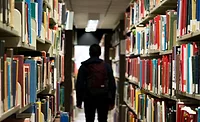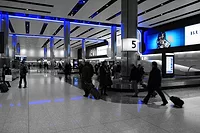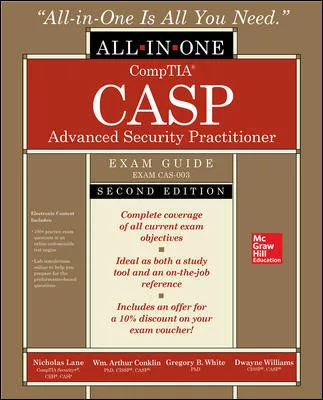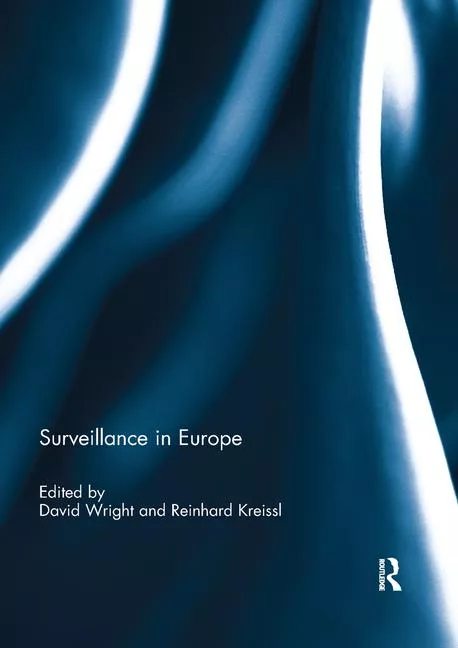Experts Advise Against Random Drug Testing in Schools
According to an updated policystatement from the American Academy of Pediatrics, school-based “suspicionless” drug testing does little to help identify kids who use drugs and get them into treatment programs.
Researchers compared schools with drug testing programs to similar schools without them, to mixed results. One study did find a short-term reduction in kids’ self-reported drug use in a school with random testing, but it was a short-term study, and did not apply to alcohol use. Adolescent drug use is usually sporadic, so annual random testing might not detect many students. Drug tests can also result in false positives, the statement says.
The organization notes that confidential self-reported screening for drug use has been relatively successful, and much less expensive to implement.
Looking for a reprint of this article?
From high-res PDFs to custom plaques, order your copy today!






